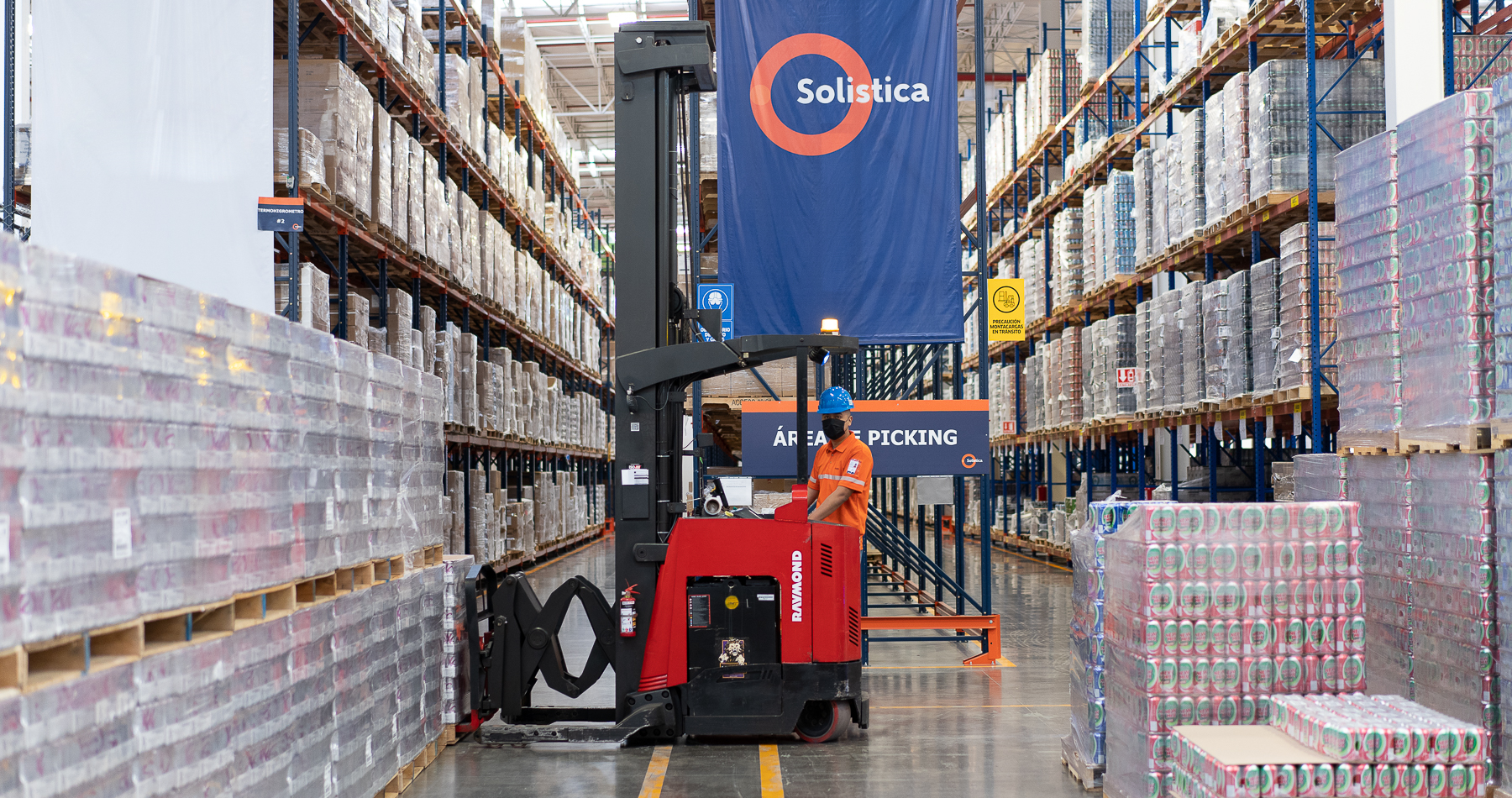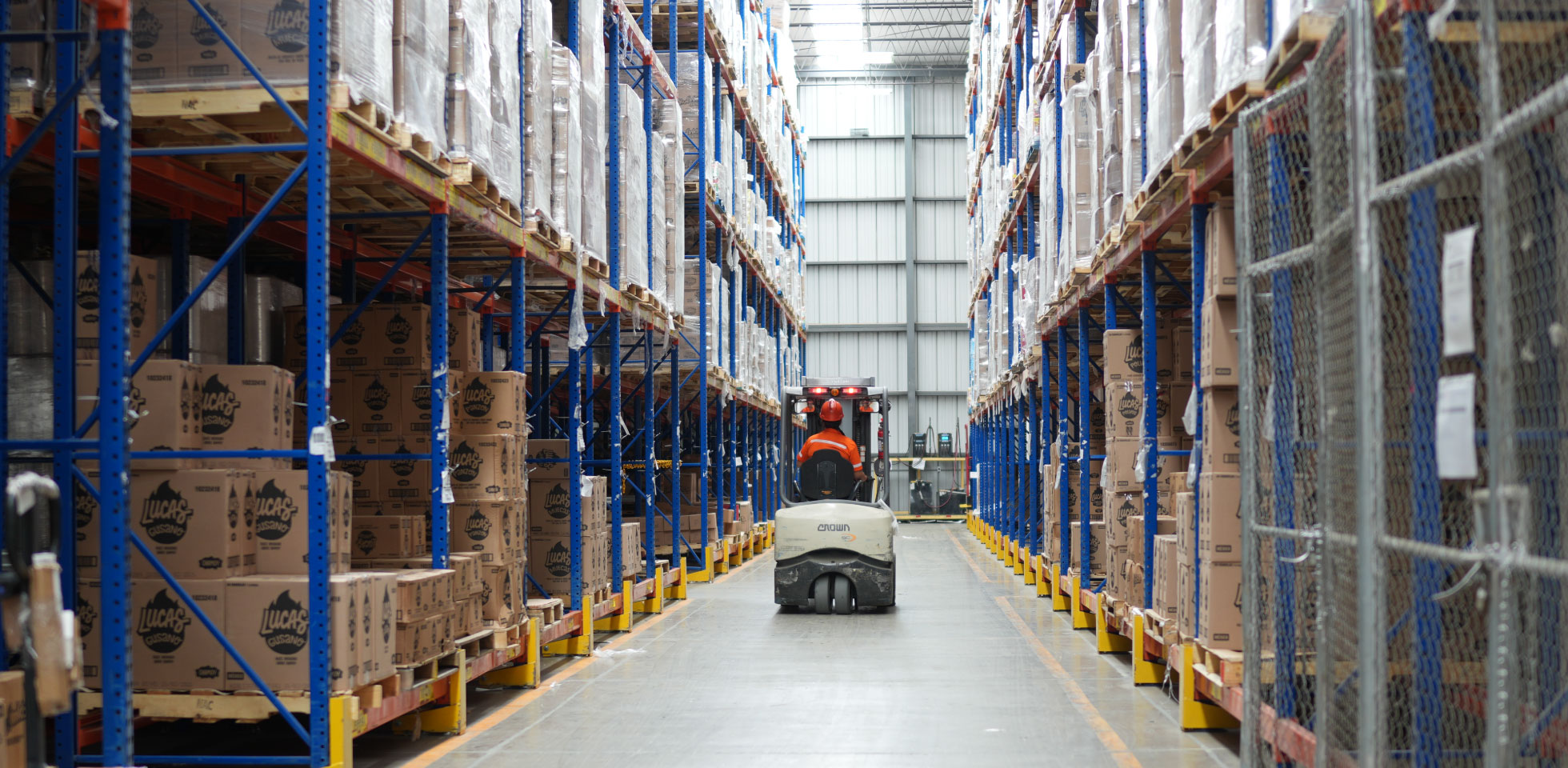The e-commerce revolution and evolving consumer habits have catalyzed a new era in logistics management, where responsiveness during special seasons makes the difference between success and operational obsolescence. With the exponential increase in online shopping and higher consumer expectations, having a logistics partner that optimizes every step of the process is a competitive advantage and an imperative for market survival.
Understanding new demand patterns
The logistics industry has undergone a radical transformation in recent years. What was once characterized by a single annual peak season has now become a more complex landscape with multiple peaks of demand distributed throughout the year. This change has created what experts describe as "an expansive mountain range" in terms of commercial activity, requiring continuous adaptation of logistics strategies. (Article - Thelogisticsworld)
The new normal in e-commerce
The unprecedented growth of e-commerce has revolutionized traditional consumption patterns. According to IMF data, the percentage of total spending made via the Internet continues to exceed pre-pandemic projections. This shift has not only changed the way consumers shop, but has created new logistical challenges that require innovative and adaptable solutions.
Strategically preparing for high-demand periods
Optimization of the warehousing process
Successful peak season management begins with a meticulously planned storage process. Industry experts emphasize the importance of starting preparation at least six months in advance. This preparation involves a comprehensive assessment of the technology infrastructure, including website capacity and inventory management systems. Detailed analysis of historical data allows for more accurate demand projections, facilitating effective planning of stock requirements. (Blog - Solistica)
Technology as a fundamental pillar
The integration of advanced technology has transformed the way modern warehouse keeping is managed. Contemporary systems enable constant inventory monitoring, providing real-time updates that facilitate immediate decision making. Predictive analytics, powered by artificial intelligence, has revolutionized the way demand is projected, enabling more accurate management of available resources. (Blog - Solistica)
The last mile revolution
The management of the last mile represents one of the greatest challenges in the modern logistics chain. The implementation of routing systems based on artificial intelligence has made it possible to optimize routes in real time, significantly reducing delivery times. Strategically located cross-docking centers have revolutionized the way products are distributed, while the diversification of delivery fleets, including traditional and alternative vehicles, has improved responsiveness in different urban environments. (Blog - Solistica)
Best practices in action
Logistics good practices have become the key milestone in maintaining operational efficiency during periods of high demand. The implementation of continuous feedback systems allows for seamless communication with customers, while real-time tracking of each shipment ensures transparency throughout the process. Omnichannel communication has proven to be essential to keep customers informed at every stage of the delivery process.
The human factor in the logistics equation.
Success in logistics management does not depend solely on technology. The human factor plays an indispensable role in process optimization. Ongoing personnel training, combined with efficient coordination of delivery teams, enables us to maintain high service standards even at times of peak demand. The implementation of robust contingency plans ensures operational continuity in the event of any eventuality.
Building the future of logistics
The increasing complexity of today's logistics environment catalyzes an unprecedented transformation in organizational strategies for managing periods of high demand. This evolution goes beyond simply implementing technology or optimizing individual processes; it requires a complete reengineering of traditional logistics thinking.
The convergence of strategic planning, technological innovation and operational excellence is no longer an aspiration but a business objective. Organizations that stand out in today's marketplace are those that have succeeded in developing an adaptive logistics ecosystem, able to anticipate and respond to demand fluctuations with surgical precision.
Operational agility has become the cornerstone of this transformation. Companies must develop the ability to react to market changes, as well as anticipate and proactively prepare for them. This foresight requires a sophisticated combination of data analytics, artificial intelligence and human expertise, working in sync to identify emerging patterns and trends.
Customer satisfaction, rather than a goal, has become a continuous process of improvement and adaptation. Modern consumers demand not only speed and efficiency in delivery, but also transparency, sustainability and personalization in every interaction. Companies that manage to balance these elements while maintaining operational efficiency are the ones that are defining the future of logistics.
Constant innovation and adaptability are not only competitive advantages, but fundamental requirements for business survival. The future of logistics belongs to those organizations that can maintain the agility of a startup while operating with the efficiency of a consolidated company, continuously adapting to an evolving business landscape.
Boost your organization's competitiveness with logistics solutions tailored to your needs.Contact us and find out how we can transform your logistics challenges into sustainable competitive advantages.






